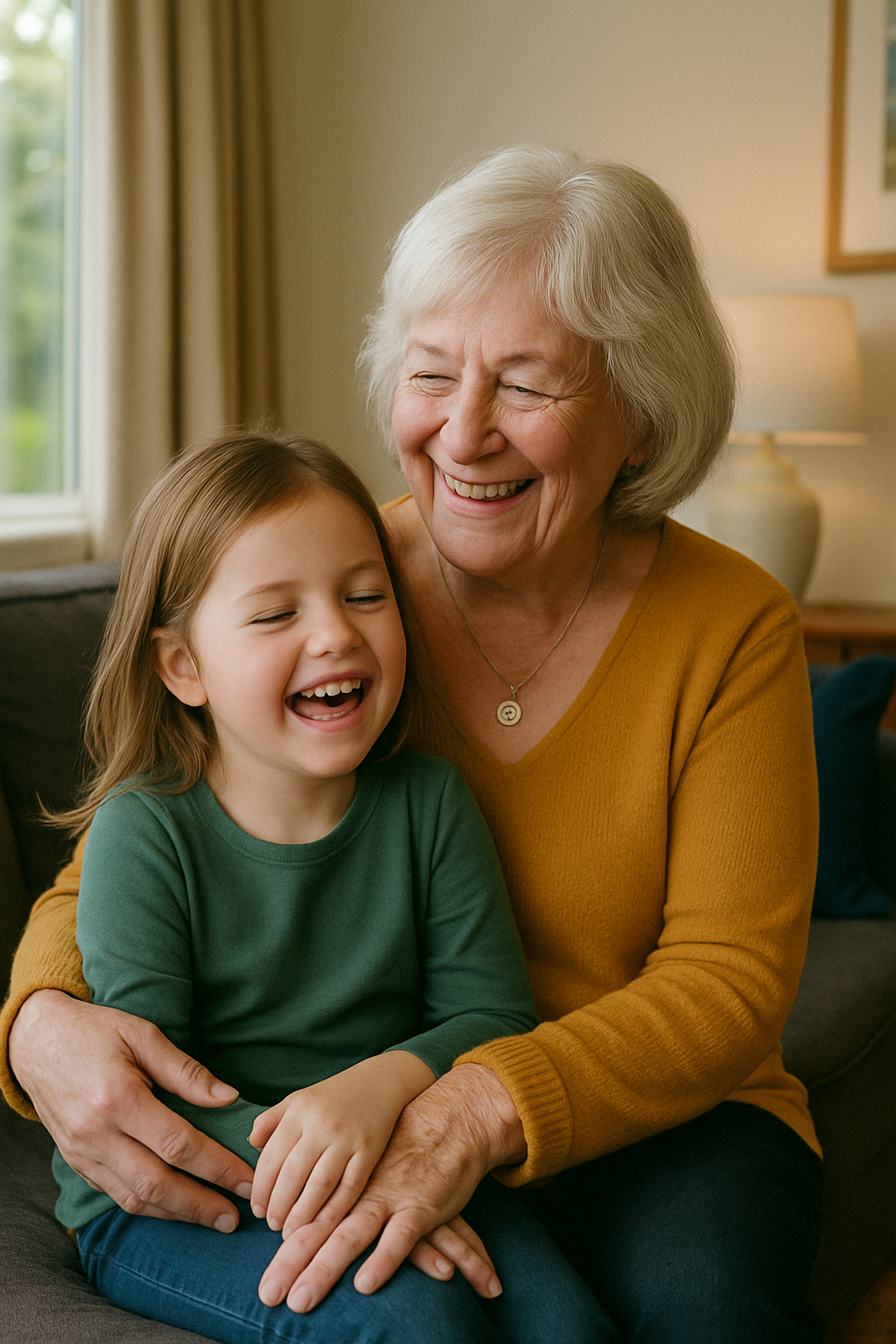
Maria, found herself stepping back into full-time parenting when her -old granddaughter came to live with her. It was an unplanned shift—Maria had already raised her own children and was looking forward to a quieter life. But when her daughter was no longer able to care for the child, Maria stepped in without hesitation. What followed, however, was a period of deep emotional and practical upheaval.
Everything felt different this time around. The school system had changed, parenting expectations were unfamiliar, and Maria often felt judged—by teachers, by professionals, even in the supermarket. She was constantly second-guessing herself and battling a quiet but persistent sense of isolation.
Birthright offered a lifeline. They helped immediately with the essentials—school supplies, clothing, warm bedding—and more importantly, with understanding. Maria was introduced to a peer support group specifically for grandparents raising grandchildren. For the first time, she sat in a room with others who “got it.” There was no need to explain or apologise. She wasn’t alone.
With encouragement, Maria began attending workshops on parenting neurodivergent children, using digital technology for school communication, and building routines that balanced care with her own wellbeing. Birthright staff walked alongside her through doctor visits and school meetings, helping her navigate new systems and build her confidence as an advocate for her granddaughter.
Now, Maria feels more secure in her role. Her granddaughter is thriving in school and feels settled at home. Maria still faces challenges—physically and emotionally—but she no longer feels invisible. “I have people around me now,” she says. “And I know I’m not the only one doing this.” Her story is one of love, resilience, and the quiet power of community.
